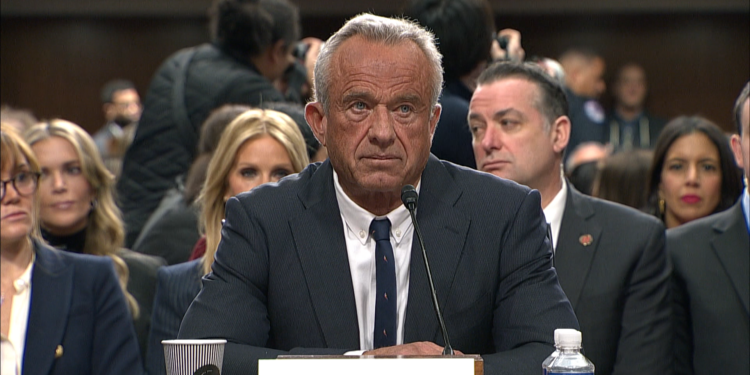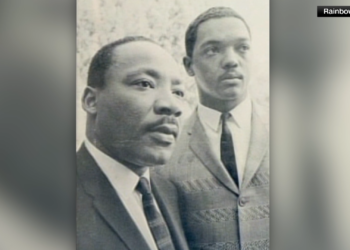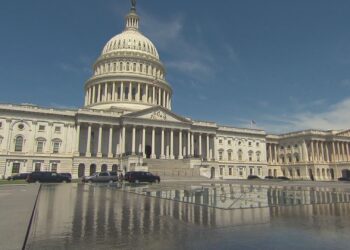By Brendan Scanland
WASHINGTON, D.C. — Today, another high-profile Trump cabinet nominee was confirmed. The Senate voted 52-48 to confirm Robert F. Kennedy Jr. as Secretary of Health and Human Services.
RFK Jr. is now one of the nation’s leading public health officials and will oversee a department with a nearly $2 trillion budget.
“I think he will be very effective in getting us in a position where we’re on a better course,” said Kevin Revell, an RFK Jr. supporter who traveled to the U.S. Capitol for Kennedy’s confirmation hearing in late January.
RFK Jr. had faced scrutiny throughout the confirmation process, at times from both sides, over previous statements on vaccines.
That scrutiny was cast aside Thursday, as all Republican senators, except for Sen. Mitch McConnell (R- KY), voted to confirm Kennedy.
“It was a decision I studied exhaustively, I took very seriously,” said Sen. Bill Cassidy (R- LA), a medical doctor who said he was “struggling” over Kennedy’s confirmation earlier this year.
“The President won the election. He gets the opportunity to pick his team,” said Sen. Dave McCormick (R- PA). This is one of the fastest starts for any president getting his team in decades. And I think that’s what the American people asked for.”
Democrats have consistently warned that Kennedy is not the best candidate for the job.
“It is clear he simply does not have the expertise, the training, or even the leadership skills necessary to lead a department as important as HHS,” said Sen. Gary Peters (D- MI) on the Senate Floor Wednesday. “We need a secretary who will protect the health of Americans. Robert Kennedy is not that secretary.”
Many components of Kennedy’s mission to “Make America Healthy Again,” like fighting chronic disease, are positive signs to some health experts.
“That’s really exciting and something that people in the public health community have been working towards,” said Candace DeMatteis, Vice President of Policy and Advocacy for the Partnership to Fight Infectious Disease (PFID).
However, previous statements casting doubt on vaccine safety, especially for children, are concerning for many infectious disease experts according to DeMatteis.
Recent polling shows 88% of parents trust vaccines for their children under the age of 18. But DeMatteis says there is still a lot of skepticism.
“Those messages that cast doubt on vaccination are pervasive and part of our daily lives,” said DeMatteis. “To avoid the spread and outbreak of a number of these very highly infectious diseases such as measles, for example, we need to see vaccination rates well above 90%.”
Dematteis hopes Secretary Kennedy will promote clear, science-backed messaging, as he works to “Make America Healthy Again.”










